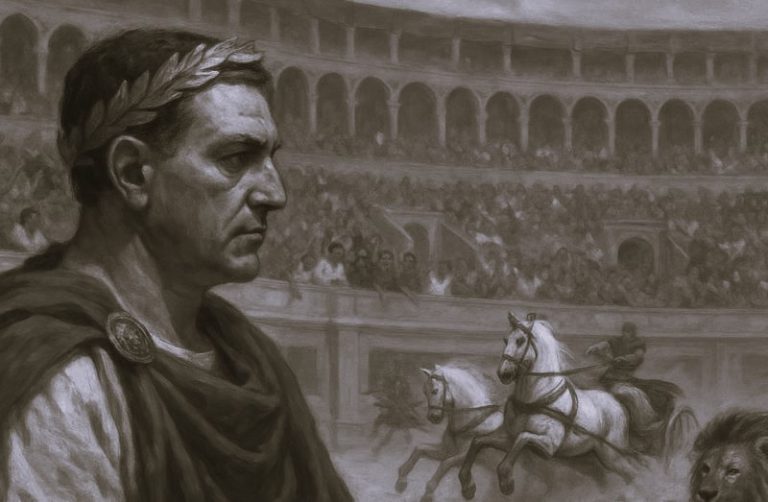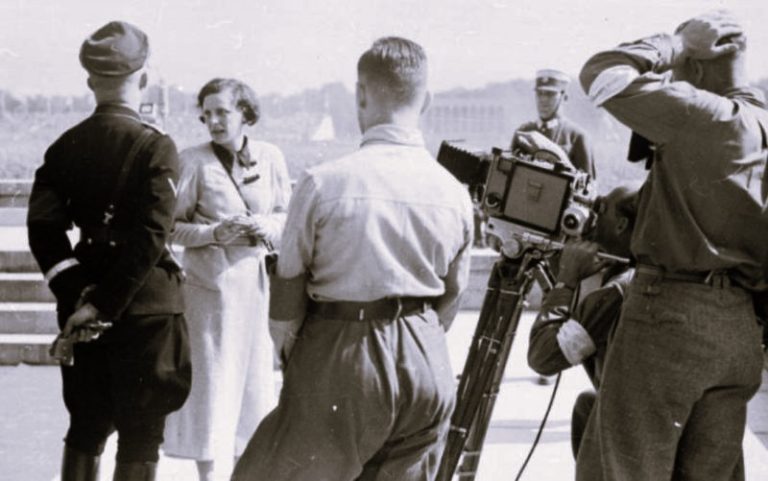

Lotto games like the lotto Powerball jackpot have been played for centuries, and their popularity has only grown over time. The evolution of lotto games reflects the changes in technology, society, and culture over time. Today, 1xBet lotto online games have become a popular form of entertainment, accessible to players around the world through their mobile phones and computers. In this article, we will explore the history of lotto games, their growth in the modern era, and the impact of technology on their design and gameplay.
The Origin of Lotto Games
The origins of lotto games can be traced back to ancient Rome, where lotteries were used as a means of raising funds for public works projects, such as the construction of roads, bridges, and buildings. These lotteries were organized by the state, and the prizes consisted of valuable goods, such as slaves, livestock, and even houses. In addition to generating revenue for the state, these lotteries were also seen as a way to distribute wealth among the population.
During the Middle Ages, lotteries spread throughout Europe and became a popular form of fundraising for churches, monasteries, and other religious institutions. The prizes in these lotteries often included valuable items such as silverware, paintings, and even real estate. In some cases, lotteries were also used to finance wars or other political endeavors.
The Renaissance period saw the emergence of new types of lotto games, such as the Italian game of “Lo Giuoco del Lotto d’Italia,” which is still played today as the Italian national lottery. This game featured a 90-number grid, and players would choose a combination of numbers to bet on. The winning numbers were drawn using a machine called a “tombola,” which is still used in modern Italian lotteries.

The Growth of Lotteries in the Modern Era
In the modern era, lotteries continued to evolve and grow in popularity. One significant development was the establishment of national lotteries in the 18th and 19th centuries. These lotteries were organized by governments as a way to raise revenue for public works projects, such as the construction of roads, schools, and hospitals. The prizes for these lotteries were often cash payouts or valuable goods, such as gold and silver.
In the 20th century, private lotteries began to emerge as an alternative to national lotteries. Private lotteries were typically organized by companies or non-profit organizations, and the proceeds were often used for charitable purposes. Private lotteries also offered larger and more varied prizes than national lotteries, such as luxury cars, vacations, and even houses.
Another significant development in the growth of lotteries was the introduction of electronic lotto machines. These machines were first introduced in the 1970s and allowed for faster and more efficient drawing of winning numbers. Electronic lotto machines also made it easier to track ticket sales and generate revenue reports.
Lotto Games in the Digital Age

The digital age has ushered in a new era of lotto games with the advent of online platforms. Online lotto games have become increasingly popular due to their convenience and accessibility. Players can now purchase tickets from anywhere in the world, at any time, using their mobile phones or computers. Online lotto games have also expanded the range of games available, with players able to choose from a wide range of games with different themes and gameplay options.
Technology has also had a significant impact on the design and gameplay of lotto games. Online lotto games have become more interactive, with features such as animations, sound effects, and bonus rounds added to enhance the player experience. The use of random number generators and sophisticated algorithms has also made online lotto games more fair and secure. In addition, online lotto games offer faster and more efficient payouts, with winnings deposited directly into the player’s account.
While online lotto games have many benefits, there are also some drawbacks to consider. One concern is the potential for fraud and scams, as online lotto games can be operated by unauthorized or unregulated operators. Additionally, the addictive nature of online gambling can lead to problem gambling and financial problems for some players. Finally, online lotto games may lack the social aspect of traditional lotto games, as players do not have the opportunity to interact with each other in person.
The Future of Lotto Games
As technology continues to advance, the future of lotto games looks promising. The integration of augmented reality (AR) and virtual reality (VR) into lotto games has the potential to revolutionize the player experience. With AR, players could use their mobile devices to scan tickets and access interactive game elements, while VR could provide a fully immersive lotto experience.
Blockchain technology is also being explored as a means to increase transparency and security in lotto games. By using a decentralized ledger, blockchain can ensure that the results of the game are tamper-proof and that payouts are distributed fairly. This technology could also help to reduce fraud and increase trust among players.
Lotto games also play an important role in the global gaming industry. As the popularity of lotto games continues to grow, they are becoming an increasingly important revenue stream for online gaming operators. The lotto industry is expected to continue to expand, with a projected compound annual growth rate of 6.8% from 2021 to 2028.
Besides, lotto games are becoming more integrated with other forms of online gaming, such as casino games and sports betting. This convergence is creating new opportunities for lotto game operators to expand their offerings and reach a wider audience.
Final thoughts
The digital age has brought about a new era of lotto games, with the rise of online platforms and the integration of technology leading to new and exciting gameplay experiences. The globalization of the gaming industry has allowed players from all over the world to participate in lotto games, driving innovation and growth in the market.
Looking to the future, the potential for lotto games to evolve and innovate seems limitless. The use of AR and VR technology, blockchain, and the convergence with other forms of online gaming all point towards a bright future for lotto games. As the market continues to grow and evolve, players can look forward to more engaging and immersive lotto games and experiences.






